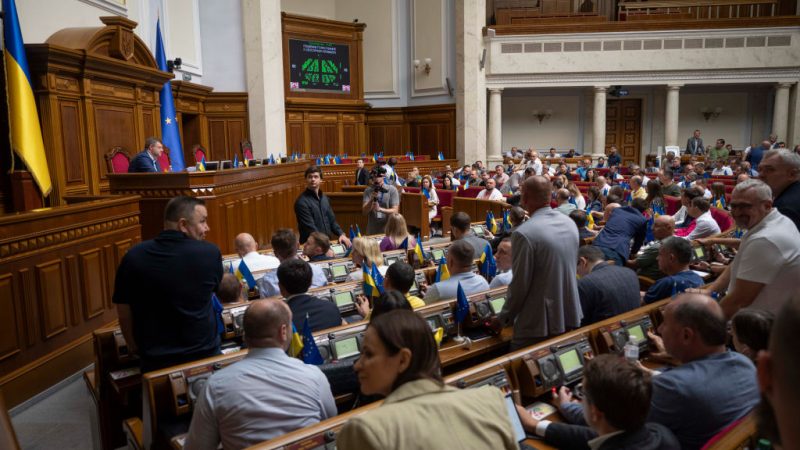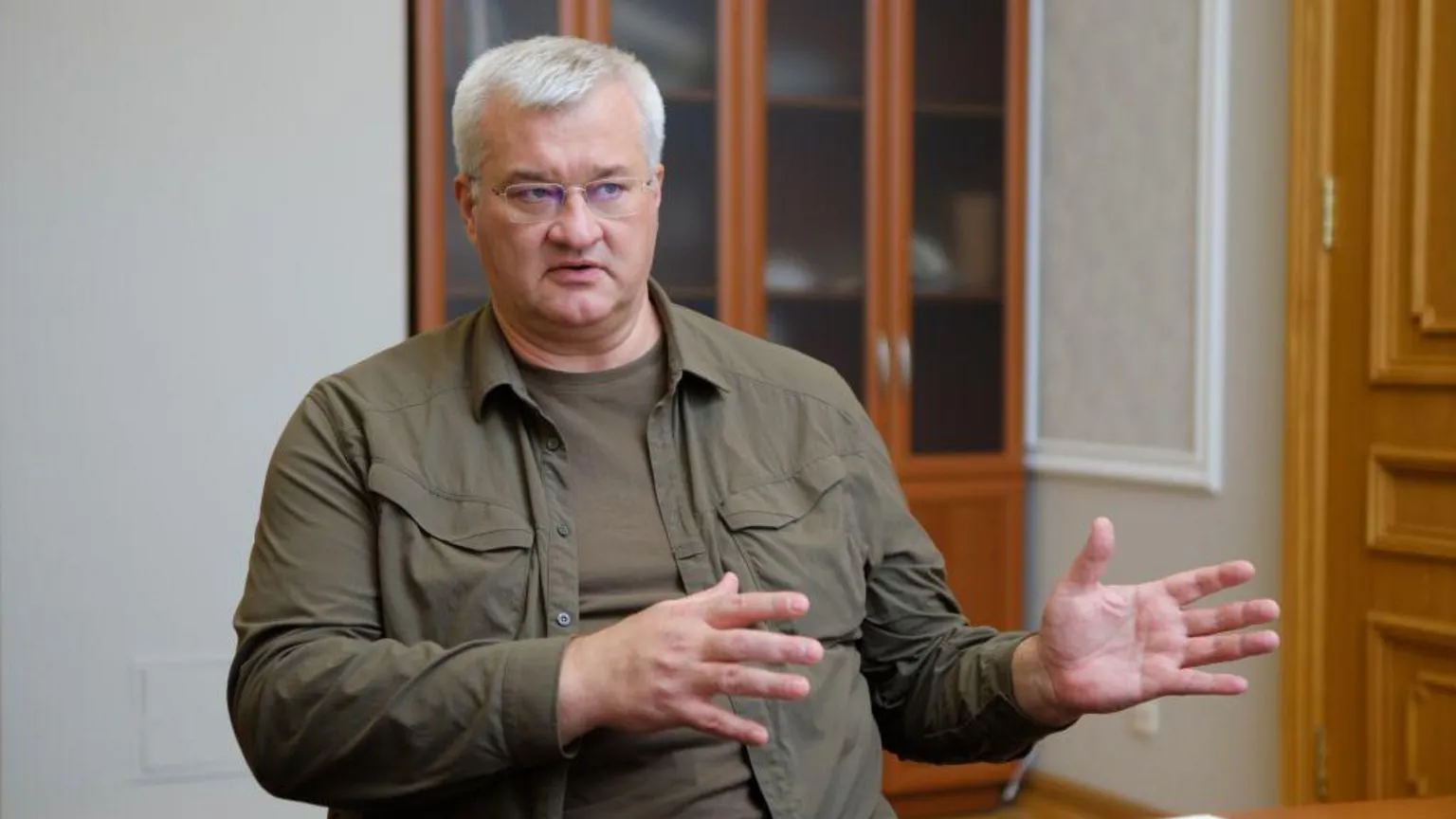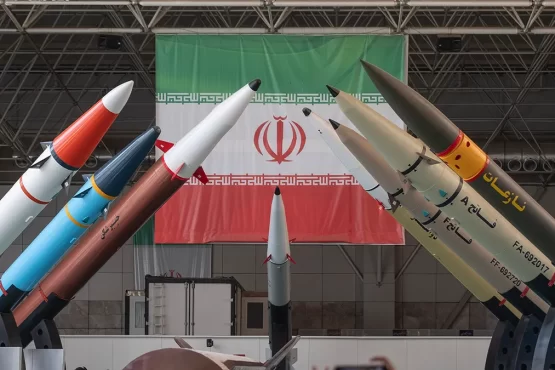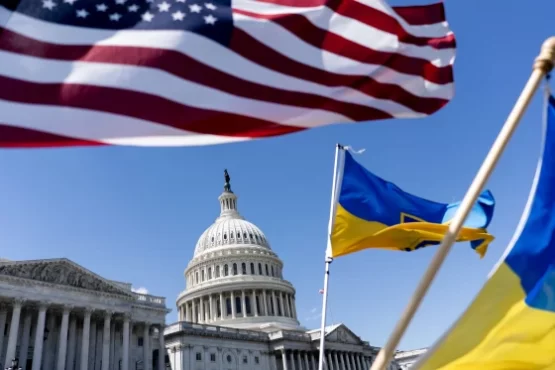Ukraine’s parliament approved Andrii Sybiha, a 49-year-old former diplomat and ex-adviser to President Volodymyr Zelensky, as the country’s new foreign minister on Thursday. This appointment marks a significant step in Zelensky’s most extensive government reshuffle since Russia launched its full-scale invasion in February 2022.

Sybiha replaces Dmytro Kuleba at the foreign ministry, though the change is not expected to significantly alter policy. President Zelensky and his office have largely overseen international relations from the presidential palace. Some observers view Sybiha as closer to Andriy Yermak, the increasingly powerful presidential chief of staff, who reportedly clashed with Kuleba.
The reshuffle includes several key appointments:
Oleksiy Kuleba, another presidential adviser, becomes deputy prime minister in charge of reconstruction, regions, and infrastructure.
Olha Stefanyshyna, 38, is reappointed as deputy prime minister for European integration and takes on the justice portfolio. She emphasized that “hundreds and thousands” of legal changes are needed for Ukraine’s EU membership bid.
Herman Smetanin, 32, is named strategic industries minister, overseeing domestic arms production amid ongoing conflicts in eastern Ukraine and the incursion into Russia’s Kursk border province.

President Zelensky reportedly told lawmakers that these changes aim to increase efficiency and reinvigorate his government. MP Inna Sovsun told the BBC the reshuffle was “the best way to bring in new people, new ideas into the government.”
However, critics, including opposition MP Dmytro Razumkov, argue that the changes will have little impact on decision-making. Another opposition MP, Iryna Gerashchenko, criticized Zelensky for not being present during the parliamentary votes to approve the new ministers, calling it a break from tradition.
Prime Minister Denys Shmyhal welcomed the appointments, acknowledging the “difficult tasks” ahead but expressing confidence in the new ministers’ abilities to implement “our state’s strategic goals.”
The reshuffle follows earlier dismissals, including that of former defense minister Oleksii Reznikov and military commander Valerii Zaluzhnyi. It also comes amid a crackdown on corruption that has seen some ministers detained by security services.
Under martial law, President Zelensky wields considerable executive power. With elections suspended during the war and his Servant of the People Party maintaining a parliamentary majority, some experts note limited checks on his government’s authority, raising concerns about the centralization of power around the president’s office.











